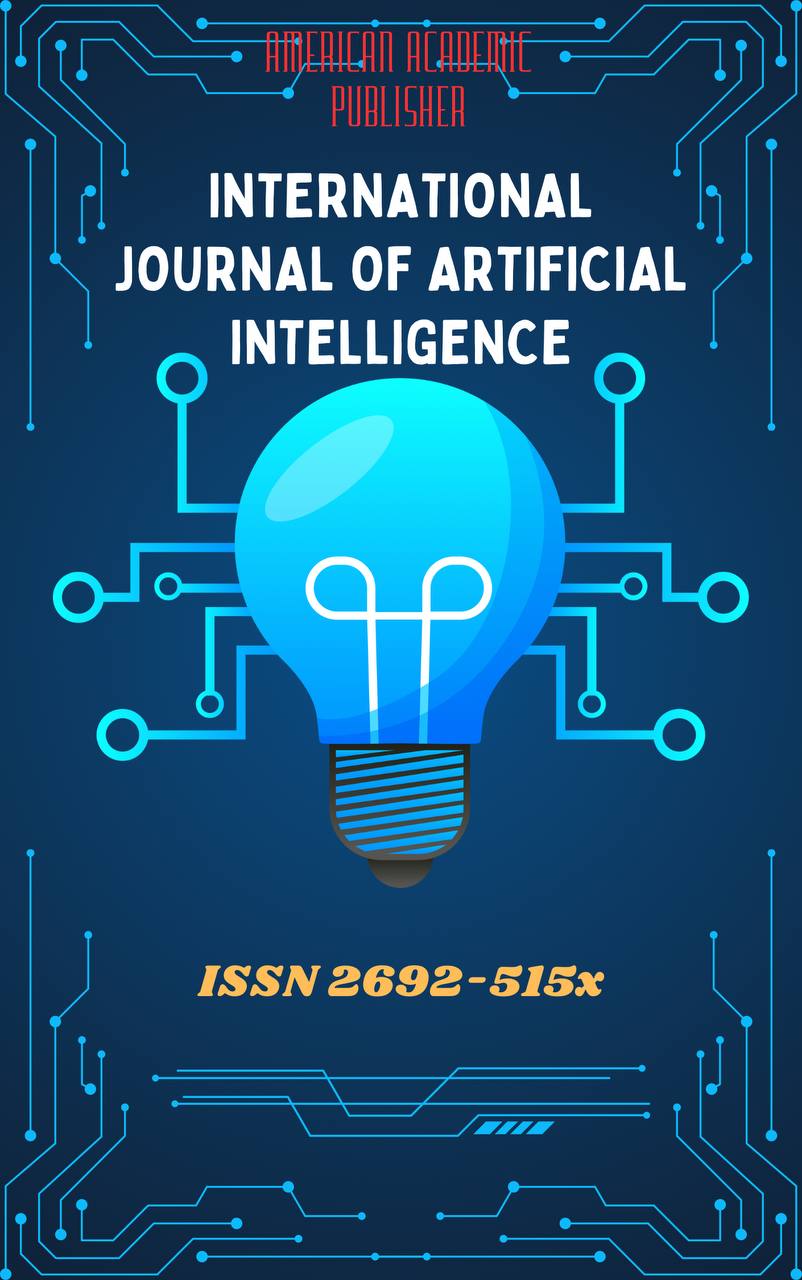 Articles
| Open Access |
Articles
| Open Access | DIDACTIC AND EDUCATIONAL METHODOLOGICAL FOUNDATIONS OF USING INFORMATION TECHNOLOGIES AND APPLIED PROGRAMS IN MATHEMATICS TEACHING
Isomova Sabohat Islom qizi , Researcher, Navoi State UniversityAbstract
This article examines the educational and pedagogical aspects of using information technologies (IT) and applied software in mathematics lessons. During the research process, a control group (traditional lessons) and an experimental group (IT-based lessons) were compared in order to evaluate students’ learning effectiveness, interest, and classroom activity. The results showed that in IT-based lessons, the proportion of students who solved problems correctly, understood graphs, and demonstrated interest in the subject was significantly higher. In addition, the article analyzes not only the advantages of using IT tools, but also their problematic aspects.
Keywords
mathematics education, information technologies, applied software, students’ interest, independent learning, educational effectiveness, pedagogical aspects
References
Alabdulaziz, M. S. (2021). COVID-19 and the use of digital technology in mathematics education. Education and Information Technologies, 26, 243–259. Berlin: Springer.
Bright, A., Welcome, N. B., & Arthur, Y. D. (2024). The effect of using technology in teaching and learning mathematics on student’s mathematics performance: The mediation effect of students’ mathematics interest. Journal of Mathematics and Science Teacher, 4(2), 59–72.
Carstens, K. J. (2021). Effects of Technology on Student Learning. Washington: ERIC. 112 p. Available at: https://eric.ed.gov (accessed: 30.08.2025).
Cevikbaş, M. (2023). Advantages and challenges of using digital technologies in mathematical modelling education. Frontiers in Education, 8, 1–14. Lausanne: Frontiers Media.
Das, K. (2019). Role of ICT for Better Mathematics Teaching. Shanlax International Journal of Education, 7(4), 25–34. Madurai.
Hillmayr, D., Reinhold, F., Ziernwald, L., & Reiss, K. (2020). The potential of digital tools to enhance mathematics and science learning: A meta-analysis. Computers & Education, 153, 103–118. Amsterdam: Elsevier.
Hwang, S., Kim, Y., & Park, J. (2023). Exploring research trends of technology use in mathematics education: A scoping review. Progress in Mathematics and Computing (PMC), 12, 45–67.
Saat, N. A., Alias, A. F., & Saat, M. Z. (2024). Digital Technology Approach in Mathematics Education: A Systematic Review. Kuala Lumpur: Academic Press. 178 p.
Timotheou, S., Papadopoulos, G., & Christodoulou, A. (2022). Impacts of digital technologies on education and factors that influence implementation. PMC, 11, 211–229.
Turmuzi, M. (2023). The impact of online learning on the mathematics ability: A meta-analysis. Journal of Technology and Science Education (JOTSE), 13(1), 77–89. Barcelona.
Jo‘rayev, R. (2020). Axborot texnologiyalari ta’limda: nazariya va amaliyot. Toshkent: Fan va texnologiya. 256 p.
Qodirova, M., & Axmedov, A. (2021). Matematika o‘qitishda zamonaviy pedagogik texnologiyalar. Toshkent: Nizomiy nomidagi TDPU nashriyoti. 198 p.
Article Statistics
Downloads
Copyright License

This work is licensed under a Creative Commons Attribution 4.0 International License.
